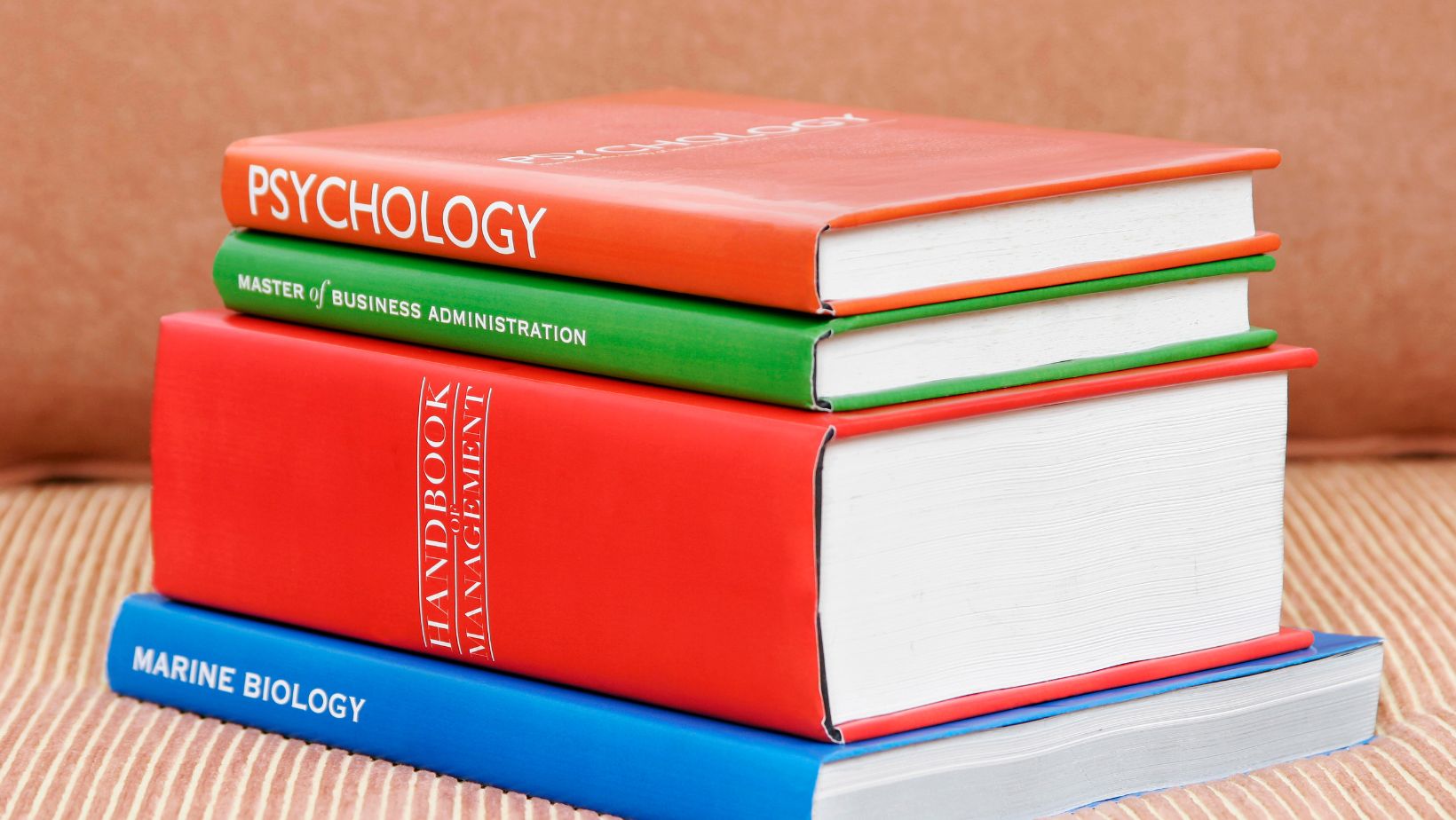Sport Psychology Books
Sport psychology examines the mental aspects influencing athletic performance. By analyzing cognitive and emotional factors, it helps athletes optimize their mental state to excel in competitions. The discipline covers motivation, goal setting, concentration, and stress management. Through these components, athletes learn to sustain peak performance levels and overcome challenges.
Motivation plays a significant role by driving athletes to reach their full potential. Effective goal-setting techniques enhance focus and provide clear targets. Concentration ensures individuals remain present and effective during competitions. Stress management equips athletes with the tools to manage pressure and maintain composure. Sport psychology books delve into these areas, offering strategies and exercises to cultivate desirable traits in athletes.
Sport psychologists often work with athletes and teams to tailor plans that align with specific needs. This personalized approach ensures psychological training complements physical preparation. By integrating mental skills training into regular practice routines, athletes enjoy holistic development. The increasing interest in mental training highlights its importance in modern sports, making sport psychology an essential discipline.
Key Features of Sport Psychology Books
Sport psychology books offer insights into the mental aspects of athletic performance. They integrate psychological principles with practical strategies to enhance an athlete’s mental game. Sport psychology books cover a variety of impactful themes and topics. Motivation and goal setting are often explored, with techniques for sustaining long-term dedication.  Concentration and focus strategies illustrate how athletes can maintain peak performance levels. Emotional control helps athletes manage stress and pressure, which are common in competitions. Mental toughness is another critical theme, equipping athletes with skills to persevere through adversity. These books frequently include case studies and research findings to support the theories presented.
Concentration and focus strategies illustrate how athletes can maintain peak performance levels. Emotional control helps athletes manage stress and pressure, which are common in competitions. Mental toughness is another critical theme, equipping athletes with skills to persevere through adversity. These books frequently include case studies and research findings to support the theories presented.
These books cater to a diverse audience involved in sports. Professional athletes seek to gain a competitive edge through psychological techniques. Coaches use these resources to foster team dynamics and individual performance. Amateur athletes and sports enthusiasts also benefit from the insights, applying mental strategies to their training routines. Even individuals in non-sporting contexts find value in these principles for personal development. By addressing different levels of expertise, sport psychology books serve as versatile tools for anyone interested in enhancing mental resilience and performance.
Top Sport Psychology Books to Read
Sport psychology books provide indispensable insights into the mental strategies that drive athletic success. They offer valuable guidance for athletes, coaches, and anyone interested in enhancing performance through mental skills
Classic Recommendations
- “The Inner Game of Tennis” by W. Timothy Gallwey: This book introduces the concept of focusing on the “inner game,” involving self-doubt and anxiety, alongside the external game of technique. Gallwey’s ideas have influenced not only tennis players but athletes across various sports.
- “Mind Gym: An Athlete’s Guide to Inner Excellence” by Gary Mack and David Casstevens: With real-life examples from athletes, this book explores how mental training can enhance athletic performance. It covers topics such as maintaining focus and building confidence.

- “Flow: The Psychology of Optimal Experience” by Mihaly Csikszentmihalyi: Although not exclusively about sports, this book offers insights into achieving a state of flow, crucial for peak performance. Csikszentmihalyi explains how athletes can harness flow to excel.
- “Peak: Secrets from the New Science of Expertise” by Anders Ericsson and Robert Pool: Ericsson and Pool delve into the role of deliberate practice in expert performance, providing strategies to optimize mental skills crucial for athletes.
- “Relentless: From Good to Great to Unstoppable” by Tim S. Grover: In this book, Grover shares his experience training elite athletes, focusing on the mindset required to maintain high performance levels and overcome obstacles.
- “The Brave Athlete: Calm the F*ck Down and Rise to the Occasion” by Simon Marshall and Lesley Paterson: This book addresses common psychological struggles athletes face. It provides tools to manage anxiety and improve mental toughness.
These books exemplify the diverse approaches to understanding and applying sport psychology, highlighting its vital role in athletic achievement. Sport psychology books offer invaluable insights into the mental game of athletics, providing athletes and coaches with the tools needed to enhance performance and resilience. These resources cater to a wide audience, addressing diverse needs from motivation to stress management. By integrating psychological principles with practical strategies, they empower individuals to overcome mental barriers and achieve their goals. As interest in mental training continues to grow, these books remain essential for anyone seeking to optimize their mental game. Whether aiming for personal development or athletic excellence, sport psychology literature serves as a crucial guide to unlocking potential and sustaining peak performance.

